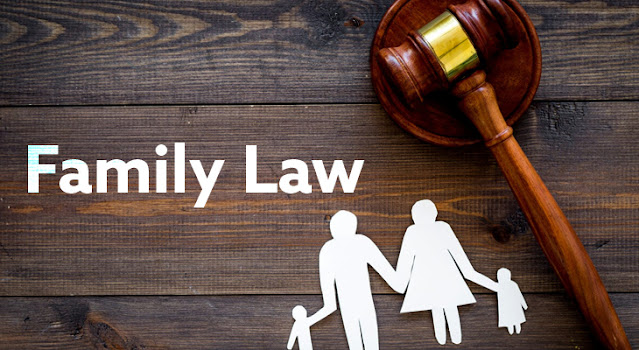Divorce can be a rollercoaster of emotions, tangled in legal red tape. But guess what? Mediation offers a smoother ride without the courtroom theatrics. As a Miami-based divorce attorney, we’ve seen firsthand how mediation can work wonders for families dealing with tricky family law stuff.
Picture this: open conversations, negotiation vibes, and way less stress. Plus, it’s speedier, budget-friendly, and lets you take the wheel instead of leaving it all to a judge. So, if you’re in Miami, consider mediation—it’s like a GPS for your divorce journey!
The Pros of Mediation
- Reducing Stress and Conflict
Mediation provides a collaborative setting with a neutral mediator guiding the process. Couples work together to find common ground, reducing animosity and easing the transition post-divorce. Given the emotional toll of divorce, mediation aims to lighten that load.
- Cost-Effectiveness
Mediation usually requires fewer billable hours compared to traditional court proceedings. This helps families protect their finances during a challenging time. Legal fees can add up quickly, and mediation offers a more budget-friendly option with the help of a professional Divorce Lawyer Miami.
- Empowering Control Over Outcomes
In mediation, both parties play an active role in shaping the final decisions. Personalized agreements about property division, child custody, and support are carefully tailored. This control ensures the decisions reflect the family’s unique needs and circumstances.
- Swift Resolutions
Mediation often leads to quicker outcomes, which is crucial when children are involved. Speed minimizes emotional strain and helps families move forward. Long court battles can worsen tensions and delay healing.
The Cons of Mediation
- Not Suitable for All Situations
Mediation works well in many cases but isn’t suitable for situations involving domestic violence, severe power imbalances, or extreme hostility. Consulting with a Miami divorce lawyer is essential to assess individual circumstances. Safety and fairness must come first.
- No Guarantee of Agreement
While mediation promotes cooperation, it doesn’t always lead to an agreement. If common ground isn’t found, court proceedings might still be needed. Some issues are deeply rooted, and mediation can’t always resolve them.
- Less Legal Guidance
Mediators facilitate communication but don’t provide legal advice. This can be challenging for those unfamiliar with divorce laws. Seeking legal counsel alongside mediation ensures informed decision-making.
- Limited Accountability
Mediation agreements might not have the same enforceability as court decisions. While mediation encourages collaboration, it doesn’t always ensure compliance. Families need to weigh the benefits against potential drawbacks.
Conclusion
Miami Family Law Attorney plays a important role in resolving family law disputes, offering a constructive and less adversarial approach compared to traditional litigation. As a Miami Family Attorney is strongly recommend exploring mediation. This process fosters amicable settlements and prioritizes family well-being.
Every family’s situation is unique, and what works for one may not work for another. Seeking professional legal advice from Child Custody Attorney Miami tailored to your specific situation is vital. Professional mediation provides the framework to navigate complex emotional and legal landscapes, ensuring fair representation and addressing everyone’s interests.
If you need legal help in Miami, try reaching out to reputable family law firms. These firms have the expertise to guide you through mediation and other legal processes, helping you achieve a resolution that respects your family’s dynamics. Engaging with a knowledgeable attorney can significantly impact the outcome of your case, providing the support and representation needed during this challenging time.

Comments
Post a Comment